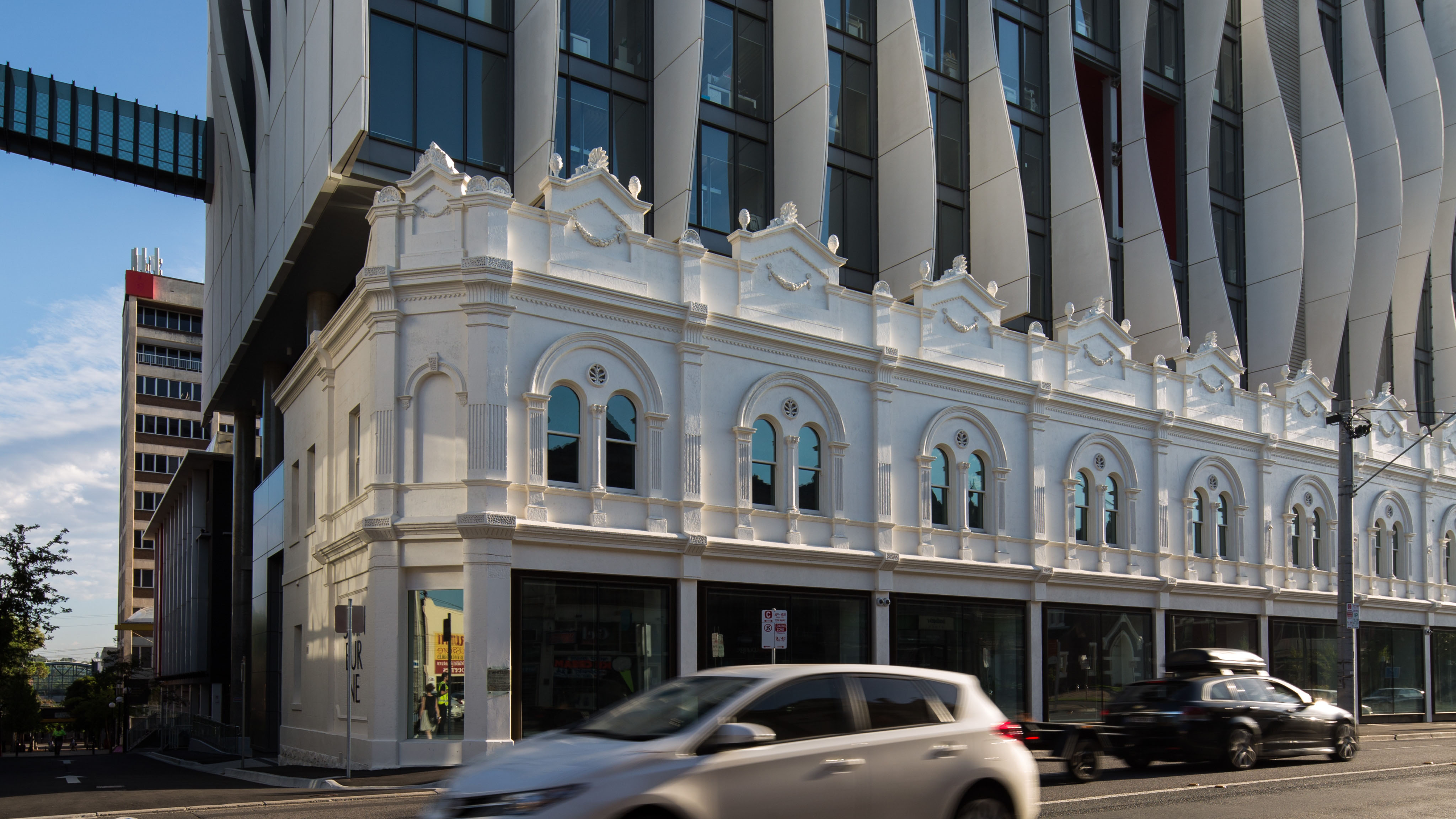Swinburne early career researchers win ARC funding

In summary
- Four Swinburne researchers have received Discovery Early Career Researcher Awards from the Australian Research Council
- The funded projects will focus on origami engineering, at-risk youth, gravitational waves, and using fast radio bursts to probe the universe
- The research projects are funded for three years, and include a salary as well as $50,000 in additional funding per year for other costs essential to each project
Four early career researchers at Swinburne have been awarded funding for three-year research projects as part of the Australian Research Council’s (ARC) Discovery Early Career Researcher Award (DECRA) scheme.
Dr Jianjun Zhang, Dr Nina Papalia, Dr Manisha Caleb and Dr Simon Stevenson are the pioneering researchers to have received grants. Dr Zhang and Dr Papalia were awarded grants in the first announcement in August 2021, while Dr Caleb and Dr Stevenson were awarded funding following the conclusion of an ARC appeals process surrounding the use of pre-prints in December.
‘This is a fantastic outcome for our researchers involved and for Swinburne,’ said Swinburne Chief Scientist and Acting Deputy Vice-Chancellor (Research) Professor Virginia Kilborn.
‘The diversity of these four successful projects is testament to the impact Swinburne’s research programs are having across a range of areas and the strength of our vision to bring people and technology together for a better world.'
The grants are in addition to Swinburne’s recent ARC success with five industry and community connected grants worth more than $2.5 million in the latest round of ARC Linkage Projects, and four Future Fellowships projects worth more than $4.2 million, taking Swinburne’s recent ARC funding to over $7.7 million.
Swinburne’s DECRA projects
Dr Zhang’s research is part of Swinburne’s Innovative Planet research program, focusing on sustainability and sustainable materials. His study of origami engineering and structural mechanics will help improve the safety, stability and performance of new materials for future vehicles and engineering projects.
Dr Papalia is a postdoctoral research fellow at the Centre for Forensic Behavioural Science, and clinical and forensic psychologist with the Alfred Health Youth Forensic Specialist Service, and her research will help build increased knowledge to inform effective policy interventions to identify at-risk children and support young people through potential adversarial legal issues. This should help improve public safety, reduce the economic impact of maltreatment and support vulnerable children to thrive.
Dr Caleb, who has worked and studied across Australia and the UK, will use fast radio bursts to investigate the nature of stars and matter outside our galaxy in an entirely new way. By using multi-wavelength telescopes, Dr Caleb aims to expand our understanding of the universe by unveiling the engines that drive fast radio bursts and pinpointing their host galaxies.
Finally, Dr Stevenson aims to discover the astrophysical origin of gravitational waves. The project will use state-of-the-art simulations performed on the largest Australian supercomputers (such as the OzSTAR Facility at Swinburne) to provide new and unique insights into the most massive stars in the Universe.
The objectives of the DECRA scheme are to support excellent basic and applied research by early career researchers; support national and international research collaboration; enhance the scale and focus of research in Australian Government priority areas; advance promising early career researchers; and enable research and research training in high quality and supportive environments.
DECRA projects are funded for three years and include a salary as well as $50,000 in additional funding per year for other costs essential to each project.
-
Media Enquiries
Related articles
-

- University
The future of fashion: Swinburne launches groundbreaking tech-focused fashion course
Swinburne University of Technology is fusing high tech and high fashion to launch a new forward-thinking Bachelor of Design (Fashion).
Thursday 25 July 2024 -

- University
Swinburne achieves first Cygnet Award through SAGE Athena Swan program
Swinburne has achieved its first Science in Australia Gender Equity (SAGE) Athena Swan Cygnet Award.
Monday 01 July 2024 -

- University
Future of National Institute of Circus Arts (NICA) secured
NICA will transition from Swinburne to the Australian College of the Arts (Collarts), as part of a new agreement that secures the future of circus arts in Australia.
Monday 22 July 2024 -

- University
Swinburne among world’s top 15 universities for scientific impact
Swinburne has been ranked in the top 15 universities in the world for scientific impact across all disciplines, based on the proportion of a university’s papers that belong to the top 1 per cent most cited in the 2024 CWTS Leiden Rankings.
Friday 19 July 2024 -

- University
Opinion: The missed opportunity in the Australian Universities Accord
The Federal Government’s announcement of the Australian Universities Accord Implementation Advisory Committee is welcome, but the glaring omission of dual sector representation is a missed opportunity.
Monday 17 June 2024

